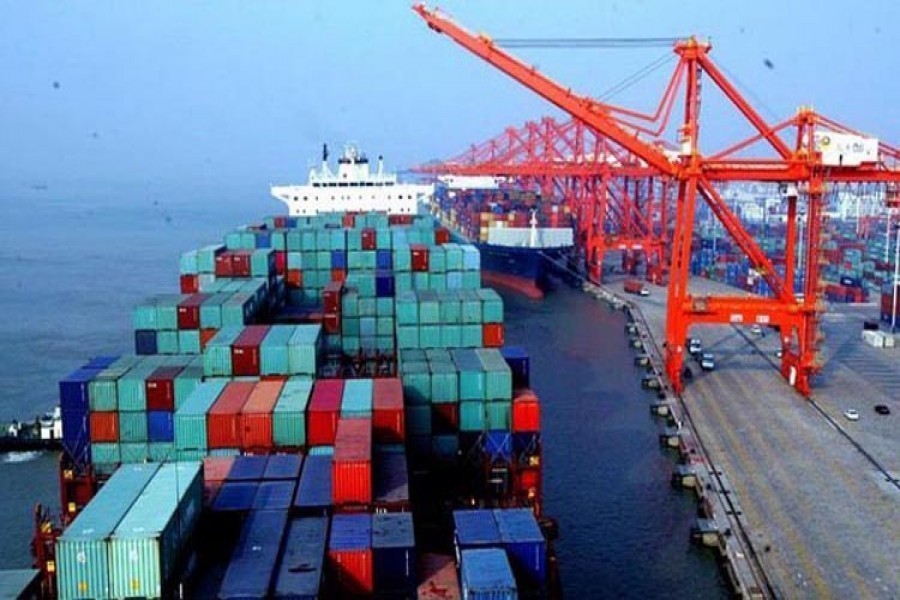Notwithstanding the rising inflation with attendant fall in the demands for consumer products globally, performance of the country's export sector during the last fiscal year (FY2021-22) was indeed robust. According to the data provided by the Export Promotion Bureau (EPB), the volume of export in FY22 increased by 34 per cent over that of the previous fiscal (FY 2020-21) to a whopping USD 52.08 billion. This is no mean achievement considering that the prices of raw materials for the export industry, for the Readymade Garment (RMG) in particular, had gone up during the past fiscal compared to pre-Covid time. All this only points to the remarkable resilience of the export sector in the face of adversities.
In fact, the mainstay of the country's export, the Readymade Garment (RMG), which fetched 82 per cent of FY22's total export earning, did indeed again prove its worth as the country's flagship export item. In fact, RMG's growth potential is still far from being exhausted. Looked at from this perspective, the claim made by some industry leaders that the export earning from RMG alone may reach as high as USD100 billion mark by 2030 may not be exaggerated. However, everything would depend on the continuance of the present trend of rising demand for Bangladeshi RMG products in the international market. On this score, some upgrading measures such as increasing product diversity including high-end items targeting exclusive markets would be required. It is only then that the international buyers leaving China can be expected to turn their attention to Bangladeshi products in a big way.
Meanwhile, besides RMG, other exportable items including leather and leather products, agricultural items such as jute and jute goods, fruits, live and frozen fish, pharmaceuticals, engineering and plastic products have also not lagged behind. What is gratifying at this point to note is that each of the mentioned sectors and subsectors of export showed some positive growth. Which, in other words, means that given the needed support, be it in terms of policy or otherwise, it is not only the RMG, but all other items in the country's rather small export basket also have immense potential to grow and contribute to the economy through enhanced export earnings. For the agricultural product, jute, for example, once the country's premier export good but has had hard times recently, showed impressive performance with its earning still maintaining the billion dollar benchmark. Given its eco-friendly attributes, it is time to take a fresh look at jute and unleash its full potential as the major cash crop of the country as it was in the past as well as an exportable item of bigger international potential than it is at the moment.
Overall, the export sector's latest accomplishment has also been a confidence booster for the entire economy when concern has been growing over the reduced inflow of expatriate workers' remittance in recent months. Though the government has lately introduced some measures including raising of the cash incentive against the incoming remittance dollars from migrant workers to 2.5 per cent, the tendency to send the money using unofficial channel is continuing unabated. Innovative ways need to be hit upon to avert such a trend to keep the foreign exchange reserve at a comfortable level. Despite the odds, with the highly performing export sector beside it, it is expected that the economy will be able to meet the challenges in its stride.


